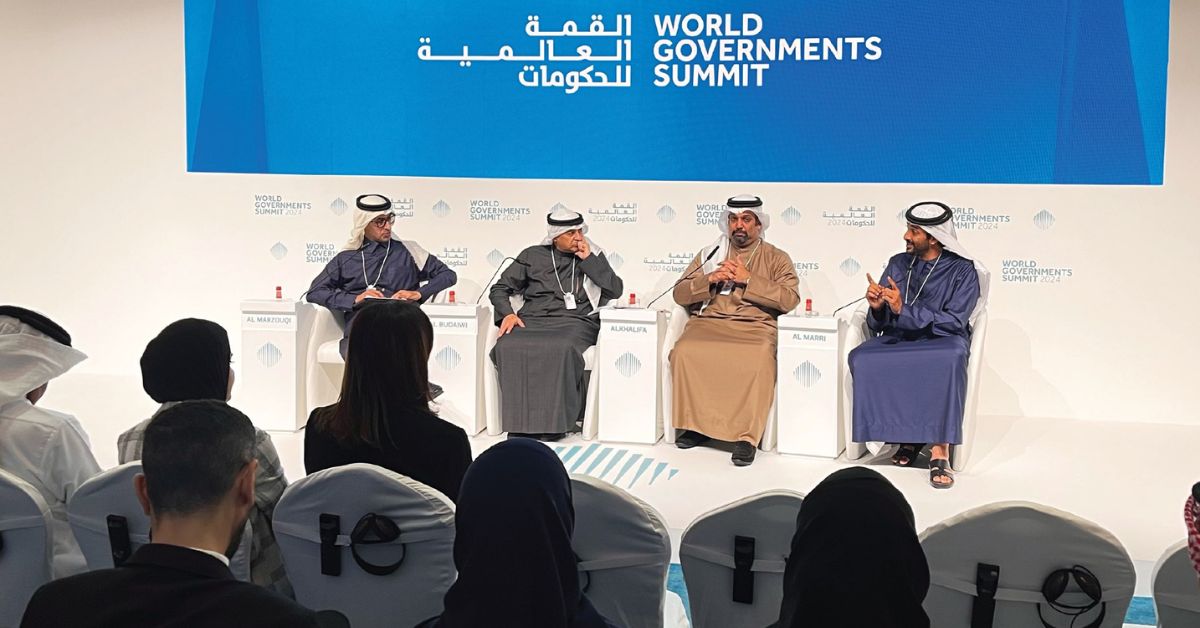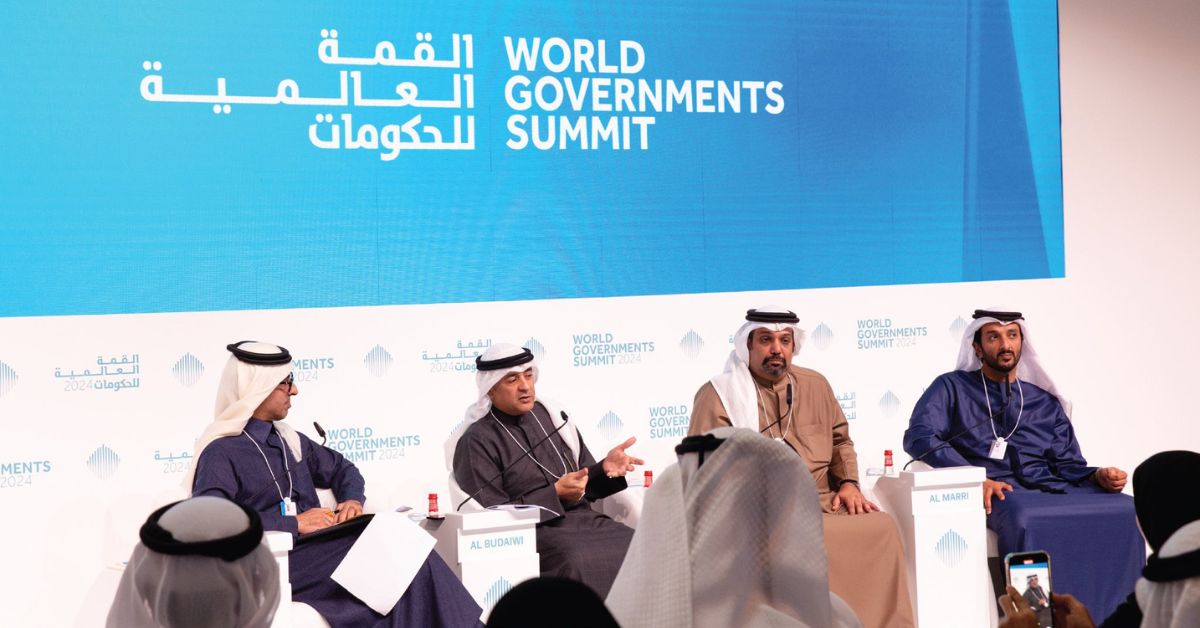DUBAI – The Gulf Cooperation Council (GCC) countries are poised to significantly boost the region’s GDP growth over the next decade, from 3.8 percent to 5.4 percent, according to a new report titled “In Search of Productivity: The Next $50 Trillion in the Global Economy.”
This surge could contribute more than $2.5 trillion to the GDP over the ensuing 10 years, the research, unveiled by the World Governments Summit in partnership with Strategy& Middle East, a part of the PwC network, suggests.
The report presents a novel approach to measuring productivity that incorporates dimensions crucial for our era, including environmental impact, health, innovation, and the quality of institutions. Utilizing this innovative framework, the report estimates the potential increase to the GDP of Gulf Cooperation Council (GCC) economies if they enhance the weakest determinants of their productivity performance.
To unlock the potential for economic growth and prosperity, GCC countries can strategically boost their productivity performance by leveraging the Productivity Potential Index (PPI). This involves identifying the weakest determinant of productivity and then elevating it to the level of the best-performing countries.
Report Insights The PPI is set to expand, with new countries to be included in the coming months. In addition to the potential for GCC countries to augment their GDP by $2.5 trillion over the next decade, several other critical insights have been revealed in this first edition: Across the sample, human and physical capital are identified as the primary drivers of productivity, with intangible factors such as institutional quality, scientific research, and innovation also ranking as top predictors. These intangibles, often overlooked by mainstream economic statistics, underscore the necessity of the PPI. Distinct differences exist in the primary drivers of productivity among various types of economies. In developing countries, the most significant predictors include physical capital, life expectancy, institutional quality, and internet access. Conversely, in OECD countries, inequality emerges as the most crucial predictor, followed by physical and human capital. For Gulf Cooperation Council countries, key indicators are human capital (encompassing health and education) and natural capital (including water stress, natural resources, and air pollution). Importantly, the new index aligns with, supports, and responds to the Beyond GDP movement, recently emphasized by the UN Secretary-General. The findings suggest that the sources of economic growth and innovation are increasingly associated with decarbonization and social cohesion. Therefore, the PPI promises to be a valuable tool not only for understanding future growth sources but also for achieving the Sustainable Development Goals and the 2030 Agenda.
Productivity, a key indicator of economic performance that measures how efficiently goods and services are produced relative to the inputs used, is crucial for modern societies. It influences everything from global competitiveness to individual quality of life. However, traditional productivity metrics have overlooked increasingly significant dimensions such as climate change, biodiversity loss, social change, aging populations, and other 21st-century challenges.
Furthermore, traditional productivity metrics often reflect past performance rather than providing policymakers with a forward-looking analysis of what could be achieved.
The innovative methodology for measuring productivity introduced in this report is forward-looking. It equips countries with the means to identify their overall productivity potential and the drivers that could enhance it. This approach includes considerations for social capital, natural capital, and the quality of institutions, in addition to the conventional measures of labor and human capital, physical capital, and innovation and intangible capital.
The new framework is embodied by the Productivity Potential Index (PPI), accompanied by an online policy simulator. This tool allows users to compare how 25 countries in the initial sample measure up against each other across 19 criteria, organized into six categories. The index’s estimated potential productivity answers the question, “What would we expect Country A’s productivity to be, given its resources, if it utilized those resources as effectively as the average country in the sample?”
“The potential boost to GCC economic growth from a better understanding of productivity determinants is impressive, and, if its findings are acted upon, this could substantially improve the lives of people in the region over the next decade,” stated Chadi Moujaes, partner with Strategy&, part of the PwC network. “We hope our research will assist governments everywhere in more accurately identifying where they can make a significant impact on their productivity and economic growth performance.”
“In a time when the world aims to become more sustainable, having appropriate tools for measuring economic progress that include criteria such as the environment and biodiversity, alongside a range of social capital measurements, is crucial,” said Dima Sayess, partner and Ideation Center lead at Strategy&. “This new index fills an important gap.”

A Modern Index for Changing Times
Adopting this new PPI offers three key benefits. Firstly, the index allows countries to more readily identify the strongest and weakest aspects of their economic performance. Secondly, it highlights which factors could be the biggest game-changers for productivity and economic growth, using benchmarks from the best-performing countries. Lastly, the new index offers policymakers a practical outlook on how they can bridge gaps and leapfrog performance, aiming to reach the productivity levels of the world’s most efficient economies.
The index is modern not only in its concept but also in its calculation methodology. Utilizing a machine-learning process, the authors estimated country-specific potential productivity based on data covering the 19 productivity-determining criteria, across all countries and variables. This feature enables users of the simulator to pinpoint areas where individual countries specifically need to focus to enhance their own productivity.
The analysis that forms the foundation of the index draws from the latest academic insights on productivity, and its robustness has been affirmed through consultations with international economists specializing in this field.








